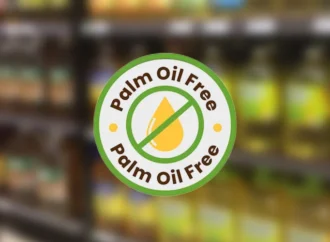Overview
People often discard brown, overly ripe bananas, even though they remain edible. To address this waste, scientists have developed a genetically modified banana with an extended shelf life that resists browning. Tropic, a UK-based biotech firm, created these bananas to stay fresh and yellow for 12 hours after peeling. They also resist browning during harvesting and transport, making them more durable.
What Causes Bananas to Brown?
Bananas undergo a vibrant life cycle, starting as green, ripening into yellow, and eventually turning brown if left uneaten. This transformation occurs due to ethylene, a hormone that triggers ripening.
While many fruits release ethylene, bananas produce it in significantly higher amounts. Unlike melons and citrus fruits, they continue generating ethylene even after harvest. This hormone activates various genes, including one responsible for producing polyphenol oxidase (PPO), the enzyme that causes browning. When PPO interacts with oxygen, it alters the yellow pigment in bananas, turning them brown. Handling or damaging bananas increases ethylene production, which accelerates ripening and browning.
How Did Scientists Create a Banana That Doesn’t Brown?
Tropic-modified specific banana genes to disable PPO production, preventing enzymatic browning while allowing the fruit to ripen naturally. This helps bananas maintain their fresh, yellow appearance for longer, making them more visually appealing. Scientists used the same approach to develop Arctic apples, created by Okanagan Specialty Fruits Inc. These apples, which also lack PPO, were the first genetically modified fruits approved for commercial sale in the US and have been available since 2017.
Why Does This Matter?
Bananas have a short shelf life, with nearly 50% of the global harvest going to waste each year. This waste is both economically inefficient and environmentally harmful. Food waste contributes significantly to greenhouse gas emissions, a major driver of global warming. Preventing banana from browning could reduce waste by encouraging people to consume fruit that remains perfectly edible. Tropic’s press release highlighted the potential impact: “Our non-browning bananas could cut CO₂ emissions by an amount equivalent to removing 2 million cars from the road annually.”
Source: The Indian Express
 Food Manifest
Food Manifest 













